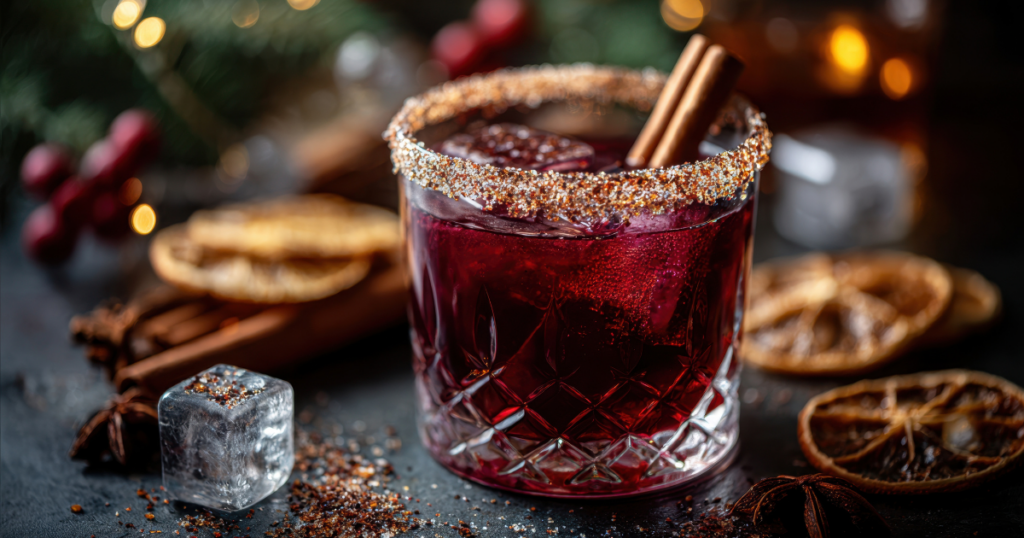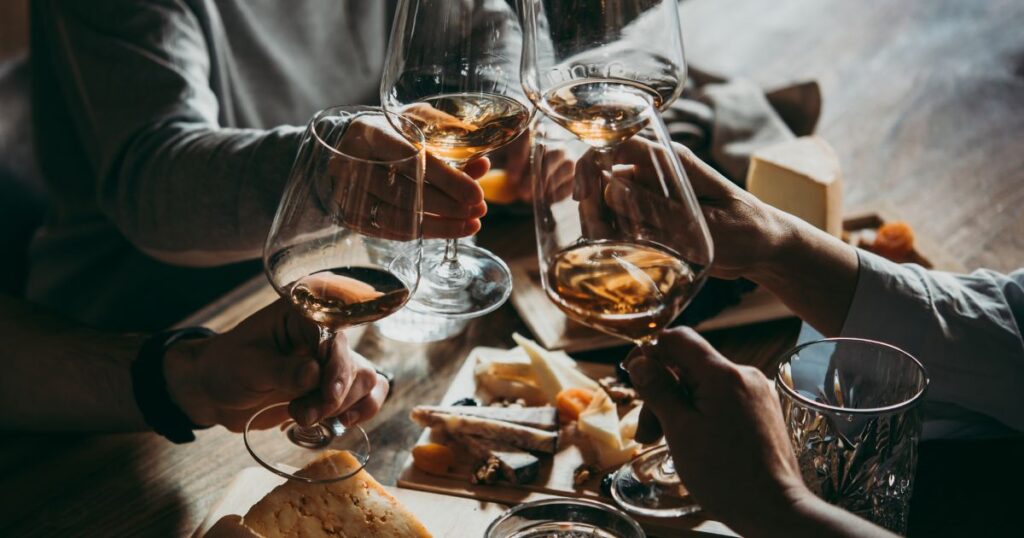The spirits industry, long celebrated for its craftsmanship and creativity, is now embracing a new frontier: sustainability. As environmental concerns grow, distilleries worldwide are rethinking traditional practices to reduce their ecological footprint. From innovative production methods to sustainable sourcing, these eco-friendly efforts are reshaping the way spirits are made and consumed. Here, we’ll explore the importance of sustainable distilling, highlight distilleries leading the charge, and examine the benefits of these green practices for the planet and beyond.
The Environmental Impact of Distilling
Distilling, while an art form, is also resource-intensive. The process requires significant amounts of water, energy, and raw materials, which can have a considerable environmental impact if not managed responsibly. Key challenges include:
- Water Usage:
- Distilleries rely heavily on water for cooling, fermentation, and cleaning. Without conservation measures, this can strain local water supplies.
- Energy Consumption:
- The distillation process requires heating and cooling, often powered by fossil fuels, contributing to greenhouse gas emissions.
- Waste Generation:
- Byproducts such as spent grains and wastewater can pollute the environment if not properly managed.
- Packaging:
- Glass bottles, labels, and shipping materials contribute to waste and carbon emissions.
Recognizing these issues, many distilleries are adopting sustainable practices to minimize their impact and lead the spirits industry toward a greener future.
Key Sustainable Practices in Distilling
Sustainable distilling involves integrating eco-friendly practices into every stage of production. Here are some common strategies:
- Water Conservation:
- Distilleries are investing in closed-loop water systems to reuse water during production.
- Rainwater harvesting and efficient cleaning processes further reduce water waste.
- Renewable Energy:
- Solar panels, wind turbines, and biomass energy are being utilized to power distilleries.
- Heat recovery systems capture and reuse energy generated during distillation.
- Sustainable Sourcing:
- Many distilleries prioritize locally grown, organic grains and botanicals to reduce transportation emissions and support local farmers.
- Waste Management:
- Byproducts like spent grains are repurposed as animal feed or compost.
- Innovative technologies treat wastewater, making it safe for reuse or disposal.
- Eco-Friendly Packaging:
- Lightweight glass bottles, biodegradable labels, and recyclable packaging are becoming industry standards.
Distilleries Leading the Way
Several distilleries have emerged as leaders in sustainable spirits production, setting an example for the industry:
- Bruichladdich Distillery (Scotland):
- Known for its commitment to sustainability, Bruichladdich sources 100% of its barley locally and uses renewable energy in its operations. The distillery also works to restore biodiversity on Islay, its home island.
- Bacardi (Global):
- Bacardi has pledged to become 100% plastic-free by 2030 and reduce greenhouse gas emissions by 50%. Their eco-friendly initiatives include biodegradable bottles and renewable energy use.
- Patrón Tequila (Mexico):
- Patrón employs sustainable agave farming practices and reuses byproducts as compost. The distillery’s wastewater treatment plant ensures clean water returns to the environment.
- Copper & Kings (USA):
- This Kentucky-based distillery uses solar energy and has implemented a zero-waste program, turning distillation byproducts into fertilizer and cattle feed.
- Casa Noble Tequila (Mexico):
- Casa Noble practices organic farming and distills its tequila using renewable energy. The distillery’s efforts earned it USDA organic certification.
Benefits of Sustainable Distilling
Adopting sustainable practices in distilling offers numerous advantages for the environment, businesses, and consumers:
- Environmental Protection:
- Reduced carbon emissions, water conservation, and waste management help protect ecosystems and combat climate change.
- Cost Savings:
- Energy-efficient systems and waste reduction often lead to long-term savings for distilleries.
- Consumer Appeal:
- Eco-conscious consumers increasingly seek out brands that align with their values. Sustainable practices enhance brand reputation and loyalty.
- Innovation:
- The push for sustainability drives technological advancements, benefiting the entire industry.
- Community Support:
- By sourcing locally and reducing pollution, distilleries contribute positively to their communities.
The Role of Consumers in Promoting Sustainability
As consumers, we play a crucial role in encouraging sustainable distilling. Here’s how you can support eco-friendly spirits:
- Choose Green Brands:
- Look for distilleries that prioritize sustainability and transparently share their practices.
- Reduce Waste:
- Opt for refillable or recyclable packaging and dispose of bottles responsibly.
- Educate Yourself:
- Learn about the environmental impact of your favorite spirits and explore alternatives that align with your values.
- Advocate for Change:
- Share your appreciation for sustainable brands on social media and encourage others to make eco-friendly choices.
The Future of Sustainable Distilling
The shift toward sustainability in distilling is not just a trend but a necessity for the industry’s future. With growing consumer demand and advancements in green technology, we can expect to see:
- Wider Adoption of Renewable Energy:
- More distilleries embracing solar, wind, and bioenergy.
- Innovative Packaging Solutions:
- The rise of fully biodegradable or reusable bottles.
- Increased Collaboration:
- Distilleries partnering with environmental organizations to amplify their impact.
- Global Standards:
- Development of certifications and guidelines to promote sustainability across the industry.
Conclusion
Sustainable distilling is transforming the spirits industry, blending tradition with innovation to create a greener future. By adopting eco-friendly practices, distilleries are reducing their environmental impact while offering high-quality, responsible products to consumers. As we raise a glass to celebrate these efforts, let’s also consider how we can support and encourage the continued growth of sustainability in the world of spirits. Cheers to a more sustainable tomorrow!






